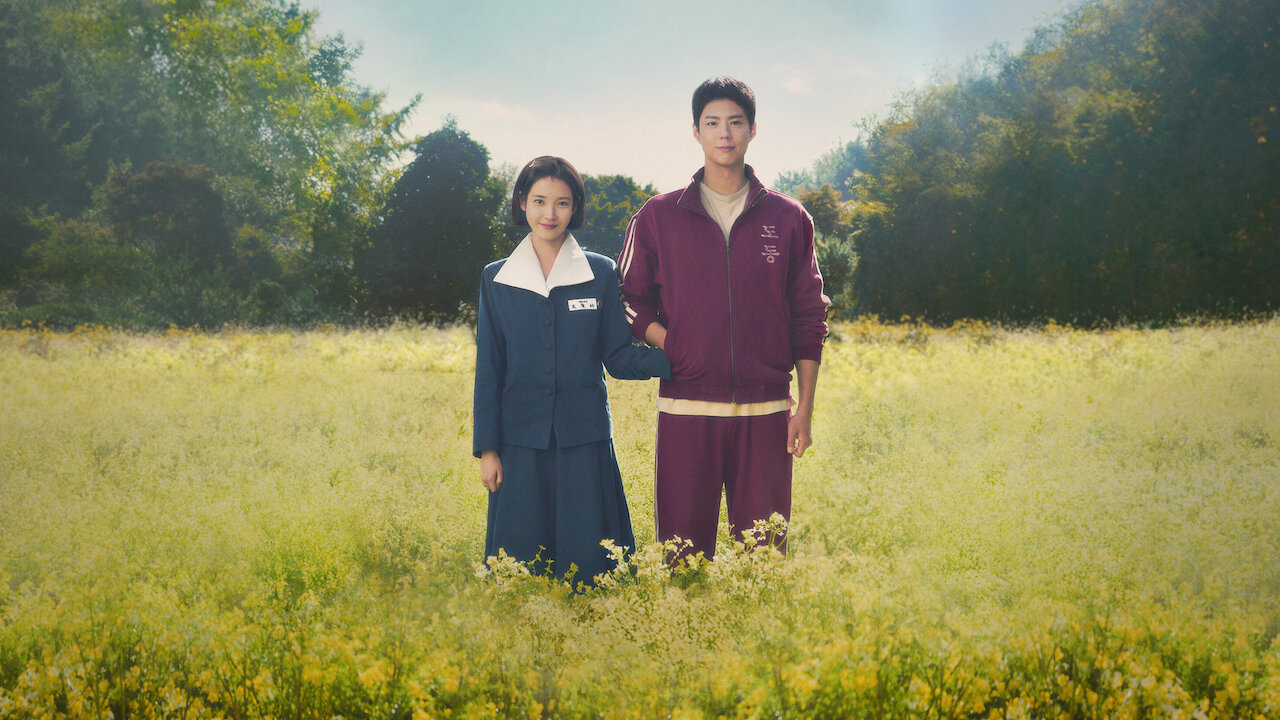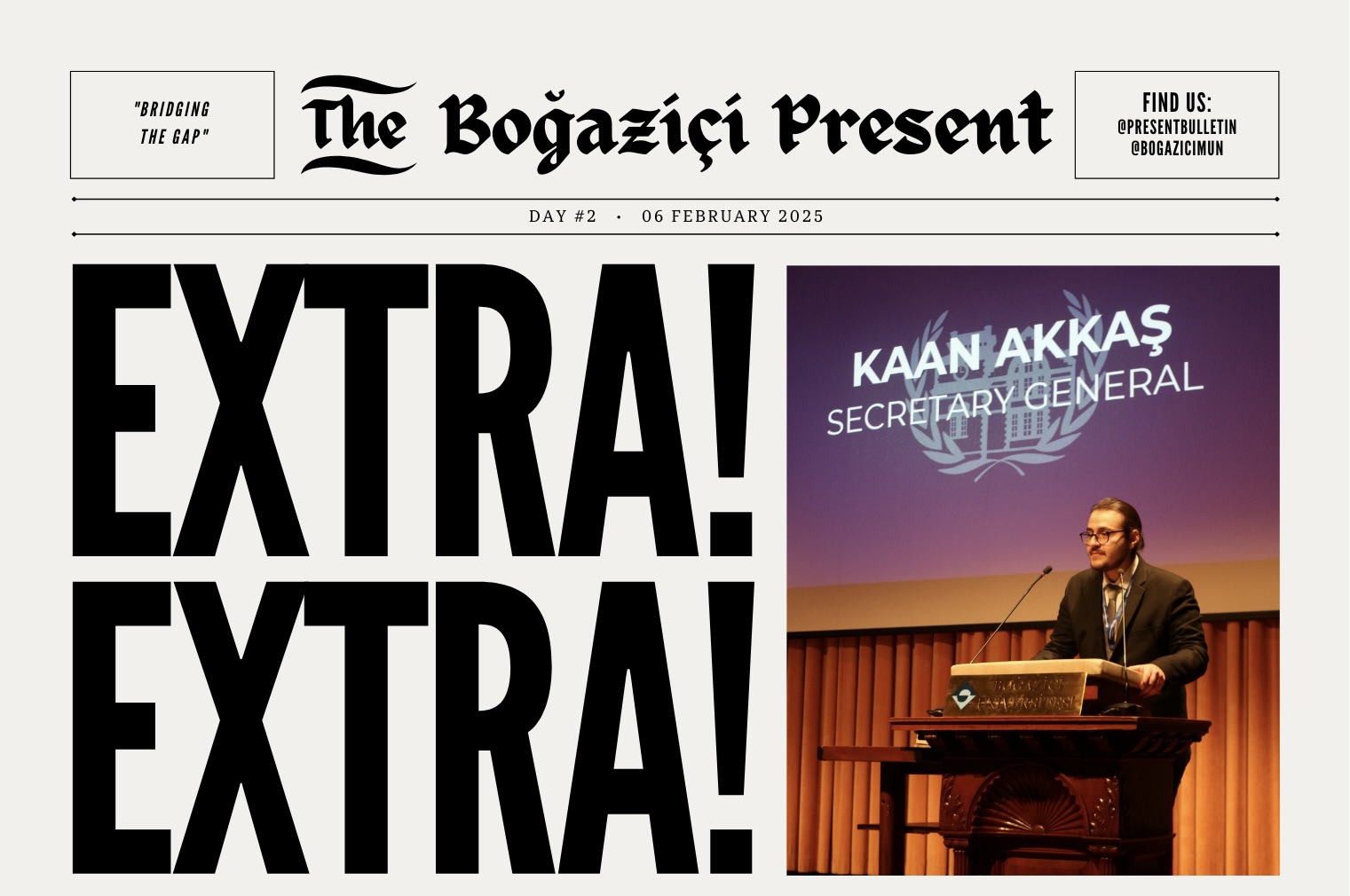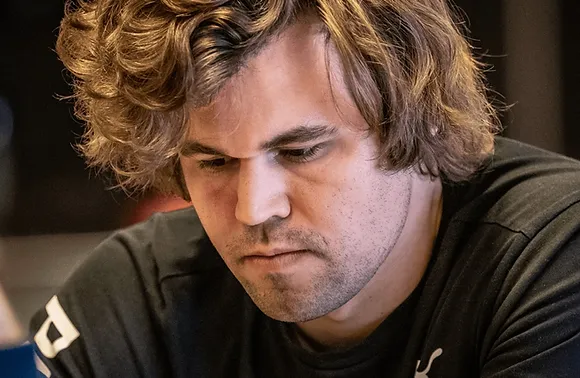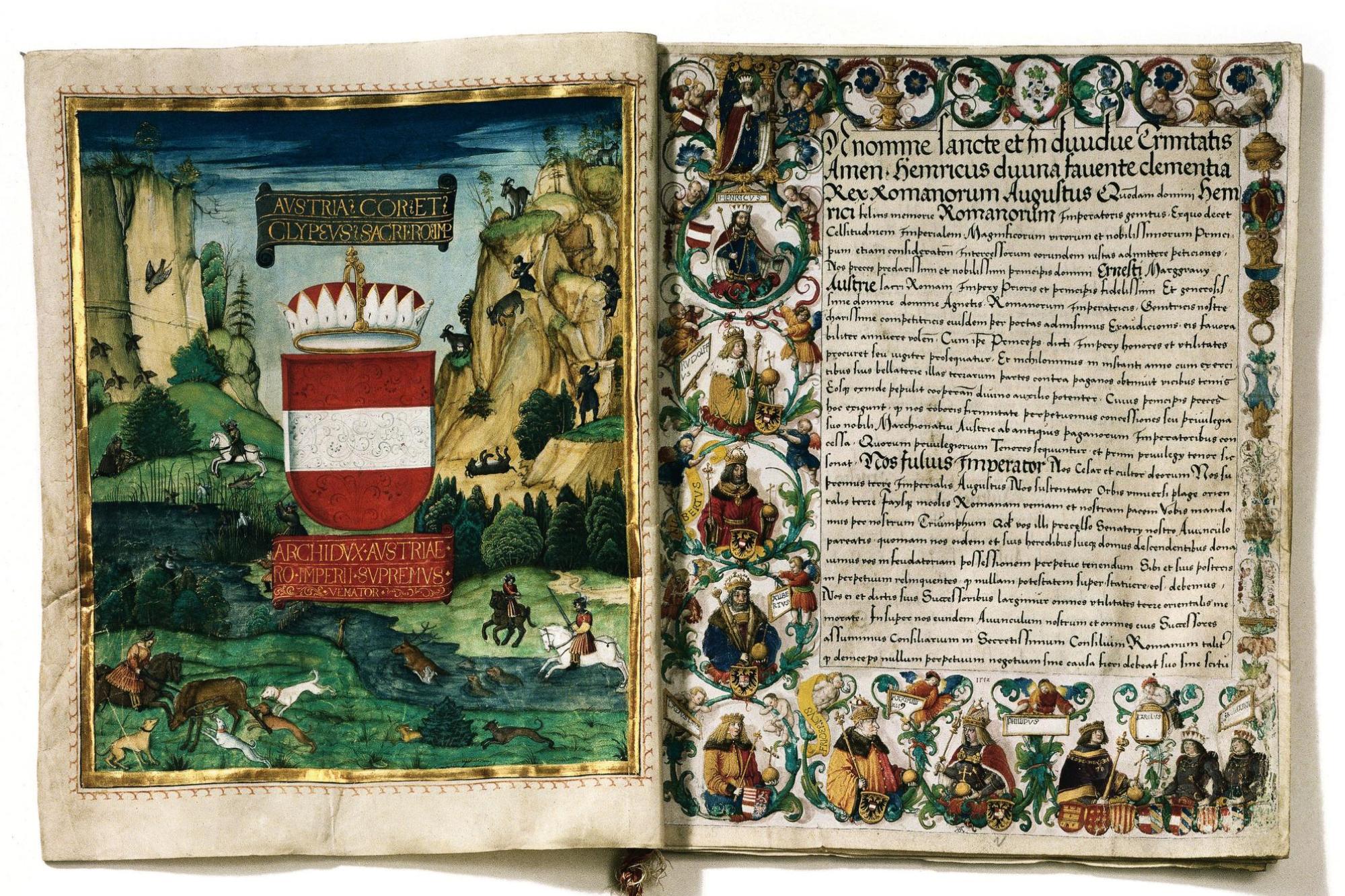
Time, Memory, and Citrus: Netflix's When Life Gives You Tangerines

On the surface, When Life Gives You Tangerines, Netflix’s latest foray into prestige Korean drama, offers a simple premise: a woman and a man from Jeju Island fall in love, get married, and reckon with the weight of choices made over a lifetime. But beneath its sun-drenched tangerine orchards lies an elegiac meditation on history, identity, and resilience. It is the kind of story that lingers not for its plot twists, but for its emotional clarity.
Directed by Kim Won-seok and written by Lim Sang-choon, the 16-episode series follows the intertwined lives of Ae-sun (Lee Ji-eun, better known as IU) and Gwan-sik (Park Bo-gum), childhood friends who come of age in 1950s Jeju — an island still scarred by the Korean War and political repression. Ae-sun, restless and bright, dreams of becoming a poet and leaving the island behind; Gwan-sik, taciturn but emotionally astute, finds purpose in protecting the people he loves. Their bond becomes the series’ emotional axis.
What sets this k-drama apart is its ambitious structure. The narrative unfolds across multiple decades, with child, adult, and elderly versions of Ae-sun and Gwan-sik portrayed by Moon So-ri and Park Hae-joon respectively. Rather than using flashbacks as mere exposition, the show builds a mosaic of memory — each time shift adding new shades to familiar scenes, revealing not just what happened, but how people remember what happened. It is a drama concerned not with fate, but with time’s quiet erosion of dreams, grievances, and love.
IU, in her most mature and grounded performance to date, embodies Ae-sun with a blend of grit and aching vulnerability. Her portrayal resists melodrama, even as the character faces loneliness, exile, and the compromises of adulthood. Park Bo-gum’s Gwan-sik is her foil with his stoic, grounded, and devoted personality, and the chemistry between the two actors is subdued but potent.
Despite its romantic frame, When Life Gives You Tangerines is far from the conventional love stories we are used to seeing in k-dramas. It is just as much about mothers who raise children alone, unappreciative children of endlessly self-sacrificing parents, and the haenyeo who were lost to the vast and cruel sea. The show paints Jeju not as a tourist paradise, but as the setting of sorrow and survival, juxtaposing its stunning landscapes with the emotional costs of post-war recovery.
The series has resonated widely both in South Korea and abroad. Critics have compared it favorably to Reply 1988 (also starring Park Bo-Gum) and My Mister, praising its emotional authenticity and sociopolitical awareness. Within days of its release, it topped Netflix’s Global Top 10 chart for non-English language series, reaching viewers across Asia, the Middle East, and the Americas.




